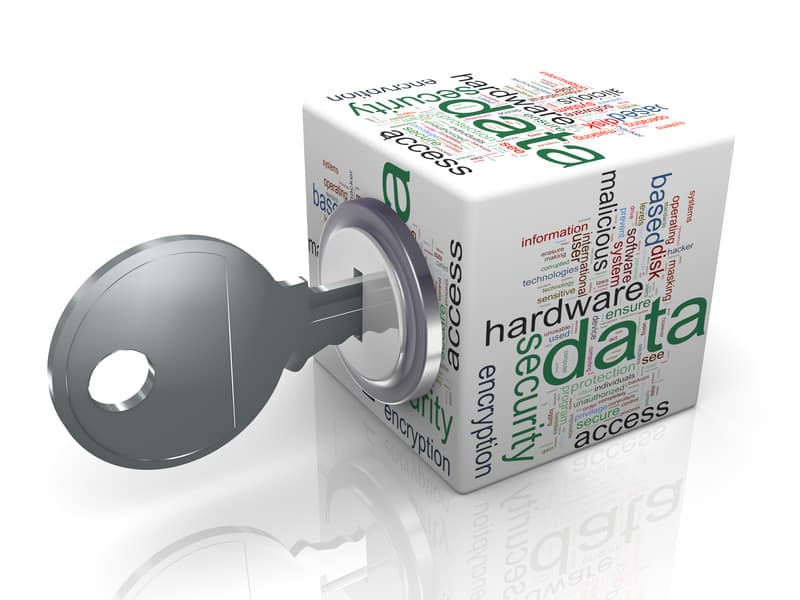Sure, here are 10 simple tips for site security against hackers, along with indications of whether they are free or require purchase. I’ll also include solutions for when site security is compromised:
- Keep Software Updated:
- Free: Regularly update your website platform, plugins, and themes. Updates often include security patches that fix vulnerabilities.
- Strong Passwords:
- Free: Use strong, unique passwords for all accounts associated with your website, including FTP, hosting, and admin accounts.
- Try Bitwarden to manage passwords. Included is a great password generator. I switched to Bitwarden and found it superior to other password management software.
- This software offers a free version and a more robust paid version. I use the free version.
- Secure Hosting:
- SSL Certificate:
- Purchase: Secure your website with an SSL certificate to encrypt data transmitted between the server and users’ browsers, preventing interception by hackers.
- Your host may offer an SSL Certificate purchase.
- Two-Factor Authentication (2FA):
- Free: Enable 2FA wherever possible to add an extra layer of security, requiring a second form of verification along with the password.
- Regular Backups:
- Free: Back up your website regularly, storing copies both locally and off-site. This ensures you can restore your site quickly if it’s compromised.
- I use several external drives and cloud sites for backup.
- My constant backup solution is Carbonite. This is a paid service.
- I also backed up my website using jetpack.com. This is a purchased plugin for WordPress.
- Jetpack is a plugin that offers comprehensive WordPress site security, performance, and growth tools by WordPress experts. It includes real-time backups, malware scanning, spam protection, video hosting, social sharing, AI assistance, and more.
- Limit Login Attempts:
- Free: Implement measures to limit the number of login attempts, such as using plugins that lock out IP addresses after repeated failed attempts.
- Security Plugins:
- Free/Purchase: Install security plugins that offer features like malware scanning, file integrity monitoring, and firewall protection.
- Monitor Site Activity:
- Free/Purchase: Use tools to monitor website activity for any suspicious behavior, such as unexpected file changes or unauthorized logins.
- Educate Yourself:
- Free: Stay informed about common hacking techniques and security best practices. Regularly educate yourself and your team to recognize and respond to threats effectively.
When Site Security is Compromised:
- Stay Calm: Don’t panic. Assess the situation calmly.
- Isolate the Site: Take your website offline to prevent further damage.
- Identify the Issue: Use security tools and logs to identify how the breach occurred.
- Clean Up: Remove malicious files and restore clean backups of your site.
- Update Security: Patch vulnerabilities and strengthen security measures to prevent future attacks.
- Notify Users: If sensitive data is compromised, inform users and guide what steps they should take to protect themselves.
Investing time and resources in site security is crucial for protecting your website and visitors’ data.
# # #
Disclaimer: This page contains affiliate links. If you choose to purchase after clicking a link, I may receive a commission at no additional cost to you.
I appreciate your support.
Follow me on most social media platforms.
